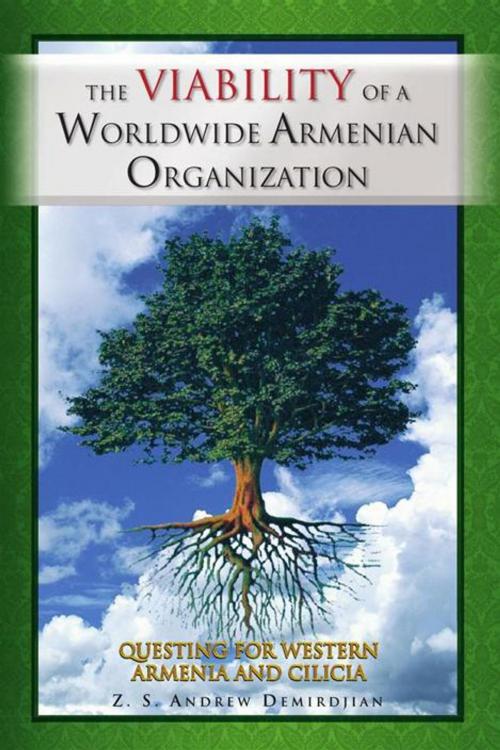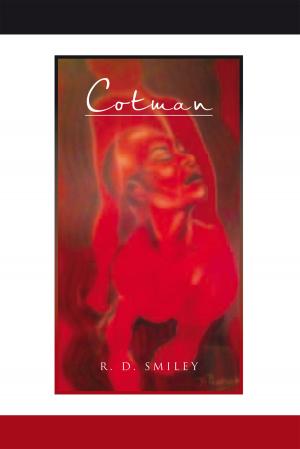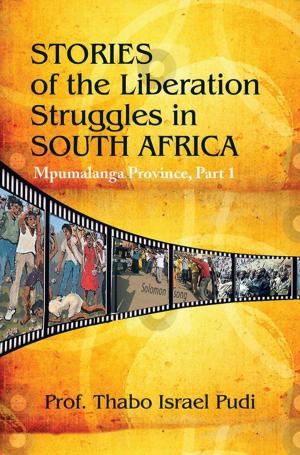The Viability of a Worldwide Armenian Organization
Questing for Western Armenia and Cilicia
Nonfiction, Reference & Language, Reference| Author: | Z.S. Andrew Demirdjian Ph.D. | ISBN: | 9781469115887 |
| Publisher: | Xlibris US | Publication: | October 16, 2010 |
| Imprint: | Xlibris US | Language: | English |
| Author: | Z.S. Andrew Demirdjian Ph.D. |
| ISBN: | 9781469115887 |
| Publisher: | Xlibris US |
| Publication: | October 16, 2010 |
| Imprint: | Xlibris US |
| Language: | English |
Demirdjian was reprinted and with a much bigger run. The book, published in 2010 by Xlibris, is a blueprint for the future of the Armenian nation. The slim volume (185 pages) should be pored over by every Armenian committed to a bright future for Armenians.
The book makes a persuasive case on how to connect the fragmented Armenian Diaspora. Dr. Demirdjian believes the creation of a pan-Armenian organization would be the first concrete step to unite Armenians and subsequently proceed with their campaign for compensation and restitution from Turkey. A meta-Armenian organization can be a permanent entity looking after the national interests of all Armenians.
He argues that its time to establish a worldwide meta-organization to unite Armenians with the primary goal of campaigning for the return of Western Armenia and Cilicia to Armenian rule. To reach that goal Armenians need critical mass. The contention that large number are the common denominators of any organized political effort at achieving results has been a truism in the past, present, and the future is beyond refutation, he says. It would take an enemy of the Armenians to disagree with the assertion.
But before demanding land and property, Armenian organizations have to coalesce and to rally around a single strategy. Dr. Demirdjian suggests the coining of a wordAraratismwhich would serve as the name of the ideology of all Armenians working together to regain at least parts of Western Armenia and for enhancing conditions for the Republic of Armenia and Artsakh.
While we talk about being a nation of 8 million we collectively punch way below our weight because of fragmentation and our rejection of compromise, he says. A pan-Armenian organization would give us the critical mass so that we would be taken seriously in international fora. The success of Genocide centennial commemorations demonstrated that when we work together we can make our voices heard above the international media din. Its safe to assume that he Pope wouldnt have been familiar with the Armenian Genocide had his Armenian acquaintances in Buenos Aires not familiarized him with the great calamity inflicted upon our nation by Turkey.
While Dr. Demirdjian makes the case for the necessity of a pan-Armenian organization, the nitty-gritty of setting up such an organization is provided by Harut Sassounian, the publisher of California Courier. In the books last chapter (Proposal to Create a Framework for Uniting the Diaspora Armenians) Sassounian provides a toolbox for the construct.
There are a number of organizations which are trying to represent the Western Armenians (the National Congress of Western Armenians, the National Council of Western Armenians, Government-in-Exile of Western Armenians). Most Diaspora Armenians know little or nothing about them primarily because the Diaspora mediaoften controlled by the political partiesare reluctant to cover the activities of rivals, let alone promote them. Its this divisiveness which Dr. Demirdjian rightly condemns in his timely book.
Will our leaders continue to dismiss the concept of a pan-Armenian organization or will they unshackle themselves from the business as usual dead-end model? Will they continue to behave like our divisive and destructive nakharars or embrace the bracing idea? When will they realize that the Diaspora could vanish in a few generations if the Diaspora establishment doesnt get its act together?
Demirdjian was reprinted and with a much bigger run. The book, published in 2010 by Xlibris, is a blueprint for the future of the Armenian nation. The slim volume (185 pages) should be pored over by every Armenian committed to a bright future for Armenians.
The book makes a persuasive case on how to connect the fragmented Armenian Diaspora. Dr. Demirdjian believes the creation of a pan-Armenian organization would be the first concrete step to unite Armenians and subsequently proceed with their campaign for compensation and restitution from Turkey. A meta-Armenian organization can be a permanent entity looking after the national interests of all Armenians.
He argues that its time to establish a worldwide meta-organization to unite Armenians with the primary goal of campaigning for the return of Western Armenia and Cilicia to Armenian rule. To reach that goal Armenians need critical mass. The contention that large number are the common denominators of any organized political effort at achieving results has been a truism in the past, present, and the future is beyond refutation, he says. It would take an enemy of the Armenians to disagree with the assertion.
But before demanding land and property, Armenian organizations have to coalesce and to rally around a single strategy. Dr. Demirdjian suggests the coining of a wordAraratismwhich would serve as the name of the ideology of all Armenians working together to regain at least parts of Western Armenia and for enhancing conditions for the Republic of Armenia and Artsakh.
While we talk about being a nation of 8 million we collectively punch way below our weight because of fragmentation and our rejection of compromise, he says. A pan-Armenian organization would give us the critical mass so that we would be taken seriously in international fora. The success of Genocide centennial commemorations demonstrated that when we work together we can make our voices heard above the international media din. Its safe to assume that he Pope wouldnt have been familiar with the Armenian Genocide had his Armenian acquaintances in Buenos Aires not familiarized him with the great calamity inflicted upon our nation by Turkey.
While Dr. Demirdjian makes the case for the necessity of a pan-Armenian organization, the nitty-gritty of setting up such an organization is provided by Harut Sassounian, the publisher of California Courier. In the books last chapter (Proposal to Create a Framework for Uniting the Diaspora Armenians) Sassounian provides a toolbox for the construct.
There are a number of organizations which are trying to represent the Western Armenians (the National Congress of Western Armenians, the National Council of Western Armenians, Government-in-Exile of Western Armenians). Most Diaspora Armenians know little or nothing about them primarily because the Diaspora mediaoften controlled by the political partiesare reluctant to cover the activities of rivals, let alone promote them. Its this divisiveness which Dr. Demirdjian rightly condemns in his timely book.
Will our leaders continue to dismiss the concept of a pan-Armenian organization or will they unshackle themselves from the business as usual dead-end model? Will they continue to behave like our divisive and destructive nakharars or embrace the bracing idea? When will they realize that the Diaspora could vanish in a few generations if the Diaspora establishment doesnt get its act together?















